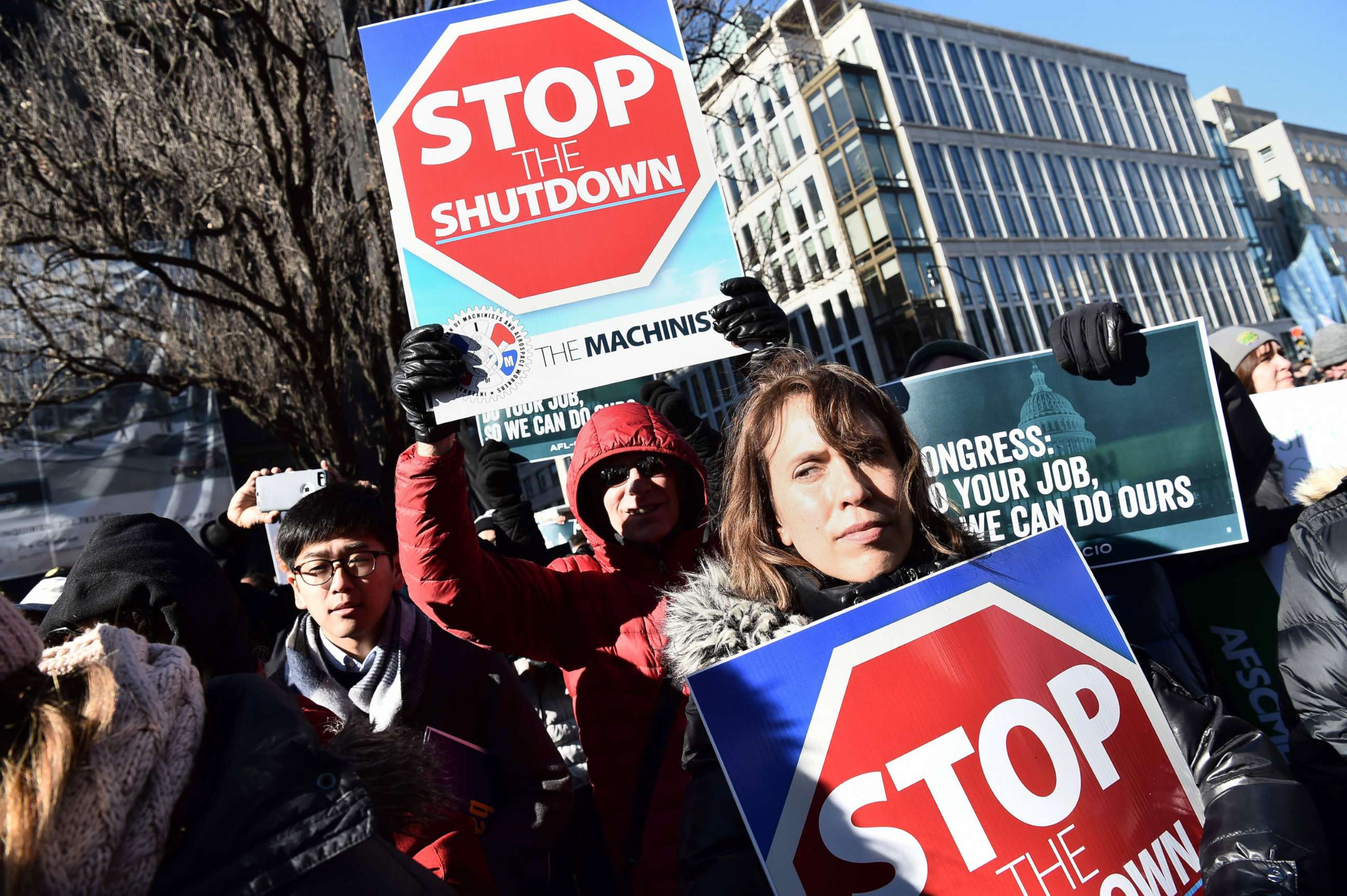Correctional officers at supermax prisons guard the most dangerous inmates and aren't getting paid
When you walk into the federal "supermax" -- or supermaximum security -- prison just outside Florence, Colorado, there are bright artificial lights, no windows, thick concrete walls everywhere, and you are cut off from the outside world.
Now, imagine having to work there 16 hours a day -- and not getting paid because of the partial government shutdown.
"It's a difficult job even in the best of circumstances," Richard Arko, a correctional officer at Florence and the local union president, told ABC News.
Arko said that since the shutdown began, correctional officers have had to work 16-hour shifts without pay while having to deal with some of the most dangerous criminals in the country.
"Now, they're expected to run basically into dangerous situations where inmates are fighting or trying to kill each other with weapons, and you're going to run into that and risk being injured yourself or possibly even killed, and you're not going to get paid for it, maybe someday, we'll pay you sometime, maybe," he said.

Florence is a long way from Washington, D.C., but Arko said he and his colleagues are feeling the impact of the political standoff.
"Regardless of politics, I don't think any of us here at Florence appreciate being used as leverage in a political gain, and that is what this amounts to, as far as we're concerned. Wall or no wall, we just want to get paid for what we do."
He said many live paycheck to paycheck.
"We don't make near what a lot of people think we make," Arko continued, citing the case of a fellow correctional officer he said had already missed a cable payment and has told his child that he's not getting any presents for his birthday.
Financial planning expert Ric Edelman told ABC News that families should have enough savings to cover six to 12 months of expenses in case something like the shutdown happens. However, he said that for families that live paycheck to paycheck, the shutdown can have a devastating impact.
"Because they are forced to come up with cash to enable them to keep going to work. Because unlike other furloughed employees, who are being told to stay home, corrections officers are being told to report to work without pay," Edelman said. "Which means they still have to put gas in the car, they still have to buy lunch offsite, they are still incurring expenses as though they were being paid, only their not."
Arko takes issue with guidance from the federal government's Office of Personnel Management that they should contact creditors and ask for leniency.
"OPM's guidance on this isn't going to work, I've got single mothers who work here as officers. Some of their child daycare centers aren't going to take IOUs," Arko told ABC News.
Edelman says federal employees shouldn't be bashful about asking creditors for a break.
"Everyone knows this is not your fault," Edelman explained.
Arko says that since correctional officers are considered to have positions of "public trust," they are subject to a background check every five years, and are required to pay all their bills on time.
"You can be fired for failure to pay just debts," Arko explained.
He's angry that politicians in Washington think correctional officers and other federal workers can adjust to going without pay.
"They don't know my plight they don't relate and I think it's offensive they're getting paid and telling us we'll adjust and that they can relate. They can't," Arko said.
Arko said stresses at home and having to work double shifts while not getting paid could cause low job performance.
He anticipates there will be a lot more people calling out sick.
Officials at the Florence supermax prison have not responded to an ABC News' request for comment.




